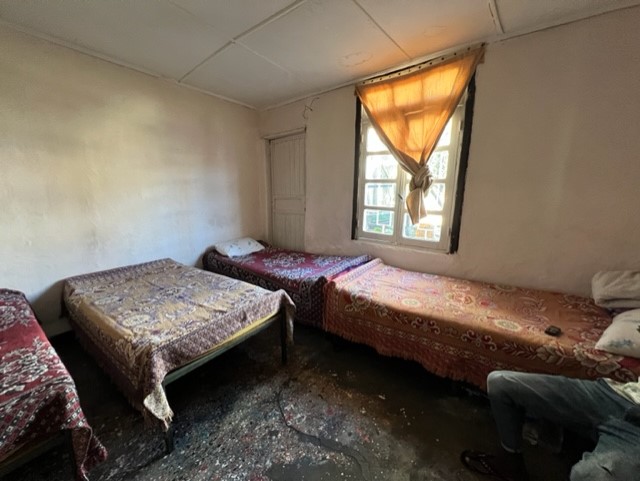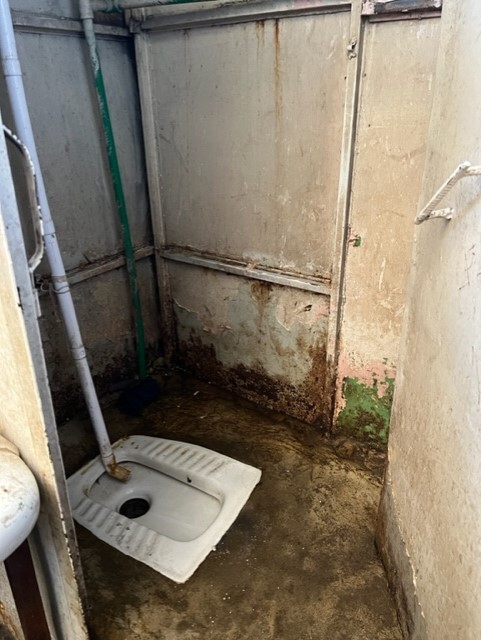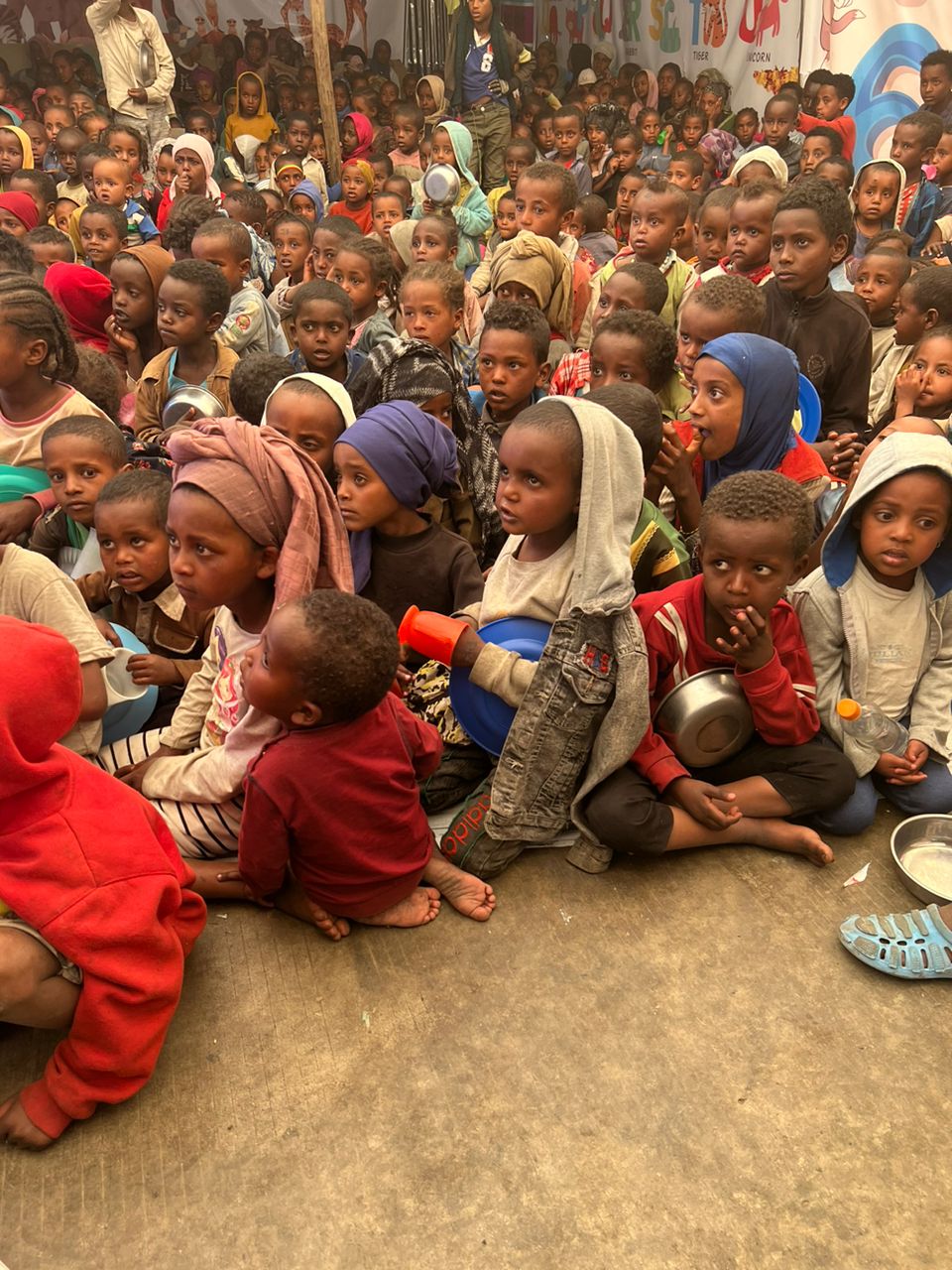Around the Globe, Oncology Nurses Are Doing What They Can to Make a Difference
Cancer knows no boundaries, geographic borders included. Although the United States has made incredible progress in reducing both incidence and mortality rates (https://seer.cancer.gov/report_to_nation/), the truth remains that cancer’s global burden is much greater. More than 70% of the world’s total new annual cases of cancer will occur in Africa, Asia, and Central and South America (https://www.afro.who.int/health-topics/cancer), and many patients in those countries lack access to quality cancer care.
ONS and its extended nursing community are tackling the challenges that contribute to those sobering statistics and disparities. On a worldwide level, ONS contributes to leadership through groups such as the Global Cancer Collective (https://ascopost.com/issues/march-10-2023/working-together-to-close-the-global-care-gap/#:~:text=in%20the%20future.-,global%20cancer%20collaborative,-The%20Global%20Cancer), on which CEO Brenda M. Nevidjon, MSN, RN, FAAN, represents the voice of oncology nurses and patients with cancer. But the inequities require nursing contributions from all levels, including individuals. One such example is Mary Schoen, NP-C, MSN, MPH, retired as a U.S. nurse practitioner in 2021, who now uses her skills as a volunteer for the Ye Ethiopia Cancer Association in Addis Ababa, Ethiopia.
Schoen, who worked in a variety of roles at Memorial Sloan Kettering Cancer Center in New York, NY, for 22 years, moved to Addis Ababa with her daughter and grandchildren in August 2022. Schoen quickly realized that she needed to volunteer her time and skills to her new community. Her search led her to a Facebook post calling for volunteers at the Ye Ethiopia Cancer Society.
“Considering my background, I jumped at the opportunity,” Schoen said. “It turned out to be a perfect fit.”
Rebuilding a Resource for the Community

One of Schoen’s first volunteer roles at the society was to update its 16-bed Compassionate Home Care shelter and rebuild its program housing women who travel to Addis Ababa for cancer treatment. “Most of the women who come to Compassionate Home Care have cervical cancer and are coming for either radiation or chemotherapy at Tikur Anbessa Specialized Hospital—the only hospital in the country where they can receive radiation,” she said.
Cervical cancer is the second most frequent cancer among Ethiopian women (https://hpvcentre.net/statistics/reports/ETH_FS.pdf), with an estimated 7,445 diagnoses and 5,338 deaths in 2021.
“These numbers are probably much higher as many women, particularly in the countryside, do not seek out medical treatment. In addition, there is poor access to medical care in many of these remote villages,” Schoen explained.
Many women who could not afford a hotel or stay with friends or family were sleeping on the streets around the hospital while undergoing treatment, Schoen said. Compassionate Home Care stepped in to provide medically focused lodging for the duration of their treatment, but Schoen said that the shelter offers only basic services and physician turnover is high because of low salaries.
“There is only one toilet. The lodgings are very basic,” Schoen said. “There are so many issues at the shelter that it was hard to know where to begin to fix it up.”

The few staff members at the shelter include general manager Hilena Yohannes, MD, a project manager, one nurse, a business manager, cooks, cleaning staff, and two guards. Patients receive three meals per day, but their caregivers—who are required to accompany any patient at the shelter—must provide their own food and sleep on a mat next to the patient’s bed.
After facing barriers to her work such as limited funding and educational programs, Schoen and her team began updating the Ye Ethiopia Cancer Society’s website to increase fundraising efforts. They also coordinated an informational session for onboarding additional volunteers. Fifteen interested and engaged individuals attended the session, and four people in the group immediately started working on projects.
“One of the volunteers, Bethy Bayeh, was born here in Ethiopia, but left at the age of 20 to train as a nurse in the United States. She worked as an oncology nurse at Seattle Cancer Care Alliance and Kaiser Permanente,” Schoen said. “After 30 years, she moved back to Addis Ababa and works now in a variety of humanitarian causes. With her savvy connections, Bayeh got the entire shelter painted and had the plumbing fixed.”
Although new paint and improved plumbing served as a tremendous morale boost, Schoen said that much more work is needed to improve access to cancer treatment at the shelter. In the future, the team hopes to purchase a quantity of IV contrast to keep at the shelter and create a partnership with a private cancer center where patients can obtain computed tomography (CT) scans.
“The Ethiopian government’s medical insurance coverage for the poor does not function as intended for a variety of reasons. For example, all patients scheduled for treatment must undergo a CT scan,” Schoen said. “Patients are sent to the hospital pharmacy to pick up the contrast, which is often unavailable. So the patient is then advised to go to a private pharmacy to buy the contrast—which costs $66.89 in U.S. currency—or just wait until the IV contrast is available in the public hospital. Unavailability of the contrast causes tremendous delays in treatment.”
Offering Compassionate Care to All

About 130 kilometers northeast of Addis Ababa, 1,500 individuals are living at an internally displaced persons camp in Debre Birhan, Ethiopia. Of those, about 850 are under the age of 10, and many are civilians from Wollege in the Oromia region of Ethiopia, according to Schoen. These circumstances and mass migration are results of the Tigray War (https://www.hrw.org/tag/tigray-conflict), which Schoen says has isolated people from food, knocked out water reserves, and destroyed medical clinics and health centers. Every three weeks, a group of eight or so volunteers go as a group to visit the camp and bring food and donated clothes.
“As volunteers, we come to serve lunch,” Schoen explained. “The children come with plates that have holes, pot lids for plates, and even plastic bags torn in half to hold their food. I can’t begin to describe how overwhelming it is to see so many children and adults living in such horrible circumstances.”
Schoen said that the people at the camp are so happy to see the volunteers when they visit, running to meet their van and greeting them enthusiastically. However, many of the children have seen mass destruction from warring groups, and the volunteers worry for their mental, emotional, and physical well-being.
“The children need psychosocial support if they ever hope to lead a normal life. In addition, they need an education to avoid falling into the vicious cycle of hatred. Unfortunately, they are both in short supply,” Schoen said. “As volunteers we know we can’t remove the trauma, but we can help the children feel settled—like they belong and are loved. We want them to know they are seen by the outside world. We can only hope that with our visits, some small differences will be made.”
Future Goals Further Drive Change to Community Health
Schoen says that her work is not yet done in Ethiopia. She's using her nursing education, including her experiences as an advocate, compassionate caregiver, and motivator in cancer care to:
- Work on the Ye Ethiopia Cancer Association’s website to improve fundraising efforts.
- Stock the Compassionate Home Care shelter with IV contrast to prevent delays in imaging and care
- Provide welcome bags containing lotion, soap, washcloths, toothbrushes, and toothpaste to newly admitted women.
- Create educational sessions for shelter clients and caregivers.
- Develop a research project that evaluates the outcomes of care at the shelter.
- Initiate education sessions for nursing staff at Tikur Anbessa Specialized Hospital.
“I feel honored that I have this opportunity to get involved with the Ye Ethiopia Cancer Association. There is a tremendous need, and at times, it can be overwhelming. However, I feel that taking things one step at a time will eventually lead to significant changes for this specific population,” Schoen said. “Seeing how happy the children and caregivers are to see us is a tremendous joy. It’s really an incredible experience. It doesn’t take much—distributing lunch, allocating donated clothes, and chatting with the residents. Their appreciation that someone from the outside sees them and takes time to visit is huge. It’s both heartbreaking and heartwarming at the same time, and I am very blessed to have this opportunity.”
The oncology nurse's role does not end at the bedside. It takes global involvement (https://www.ons.org/make-difference/global-initiatives) to create a positive impact on patients with cancer and their communities.
